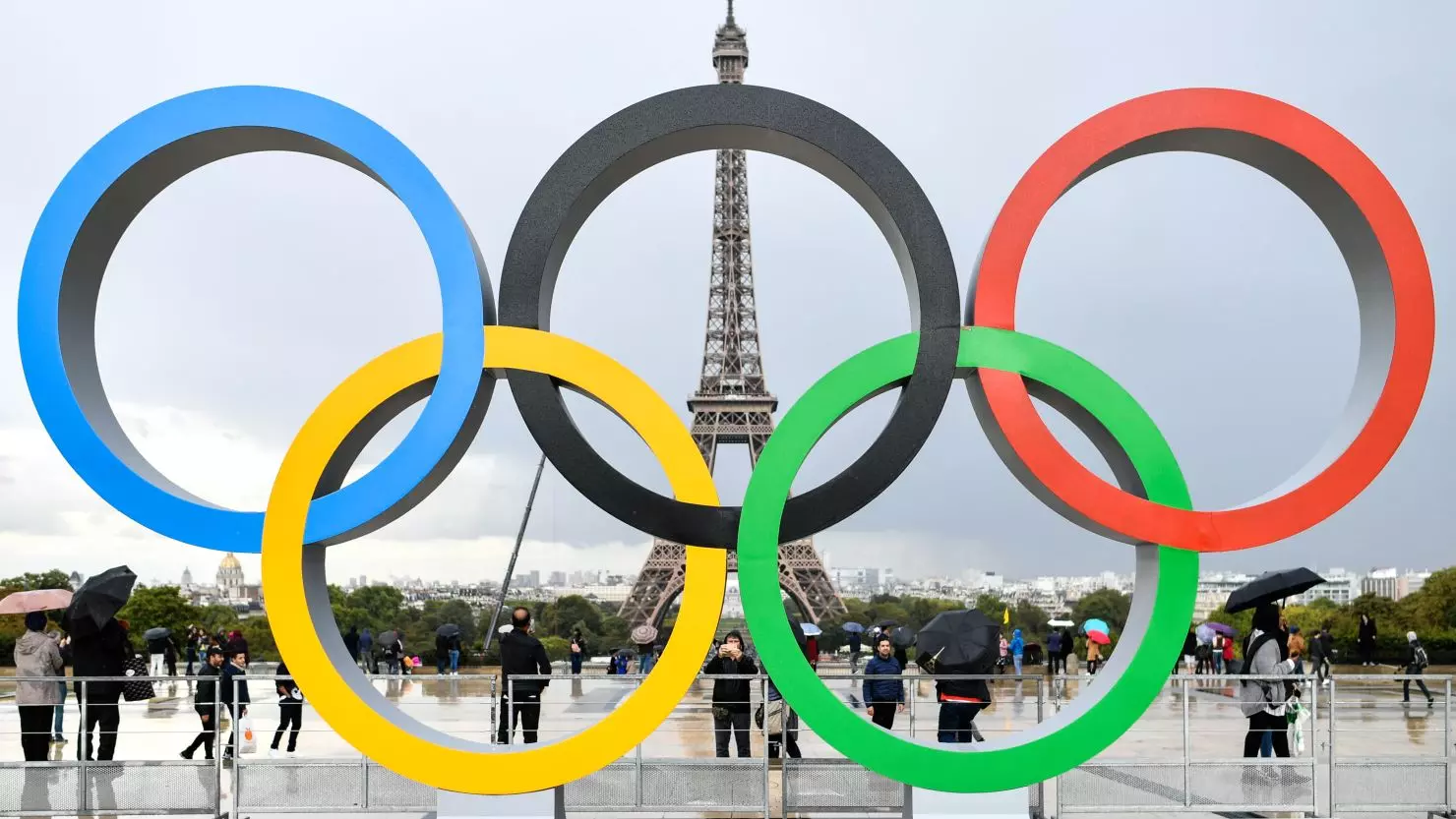Biden Knows: Taking Off the Gloves against Netanyahu Plays into Iran’s Hands
Given the possibility of a broad regional confrontation in the run-up to renewed negotiations for returning the hostages, we spoke with Dr. Shay Har-Tzvi, an expert on the United States and a senior researcher at the Institute for Policy and Strategy at Reichman University and the former acting director general of the Ministry of Strategic Affairs, on policy expected from the U.S. administration. Har-Tzvi explained that “regarding the American administration’s thinking, we are at a fateful crossroads and the coming days will determine, apparently, the direction we are heading – a road leading to the return of the hostages and an overall cease-fire or a road leading to a broad regional conflict. In light of this, the administration is investing great effort to try and put together a new framework that will form the key to hoped-for regional change and an end to the war. In contrast, failure of these efforts could, in the view of the administration, lead us down a slippery slope to war.”
In Har-Tzvi’s assessment, “President [Joe] Biden faces a major dilemma regarding the approach he should take toward Prime Minister [Benjamin] Netanyahu, particularly at the moment – how to apply pressure on him to change his policies without harming Israel’s vital interests. On the one hand, Biden is personally committed to the security of the State of Israel as was proven by the multi-dimensional steel dome the administration has provided Israel since the outbreak of war. Also, the administration is currently working to form a broad international and Arabic coalition and has massively increased American forces stationed in the region aiming to block a possible attack by Iran and Hezballah. On the other hand, it appears that Biden understands this is not the time to exert public pressure on Netanyahu or even to express direct and harsh criticism of him as others have since the government was established 18 months ago, and even more so in recent months. (As you remember, Biden has long refused to invite Netanyahu to the White House.) This is out of concern that this matter could damage Israel’s projection of deterrence and strength, among other things, and could be viewed within the radical axis as fissures in relations between the countries and, accordingly, strengthen their self-confidence.”
According to Har-Tzvi, “it is important to remember that the United States represents the main pillar for Israel’s national security and strength, and there is no substitute for the strategic alliance and special relationship between the countries. Apparently, the administration has many levers [with which] to pressure the prime minister. That said, the longer the current tensions continue and the chance of reaching a new deal exists, it is logical that the administration will try to move between the raindrops and not take off its gloves with respect to Netanyahu. It is also possible that the presidential election taking place in less than three months will play a role in the administration’s cautious behavior. In fact, after the election scheduled for Nov. 5, there are 2 1/2 months until the new president is sworn in on Jan. 20, a period during which Biden and Harris will apparently be free of political constraints. To the extent the war is still going at that time, it is a period in which they likely will decide to take a more aggressive approach toward the prime minister.”
“This, to an extent, is similar to former President Barack Obama’s approach, when he refrained from voting on a U.N. Security Council resolution concerning settlements in December 2016 at the end of his second term. Another possibility is that the administration will decide, in the near-term, to take a harsher approach toward elements whom they believe are encouraging violence, and it would be correct to impose sanctions on senior Israeli individuals despite the fact that until now, they have refrained from taking a harsh unusual step such as this,” Har-Zvi concluded.

